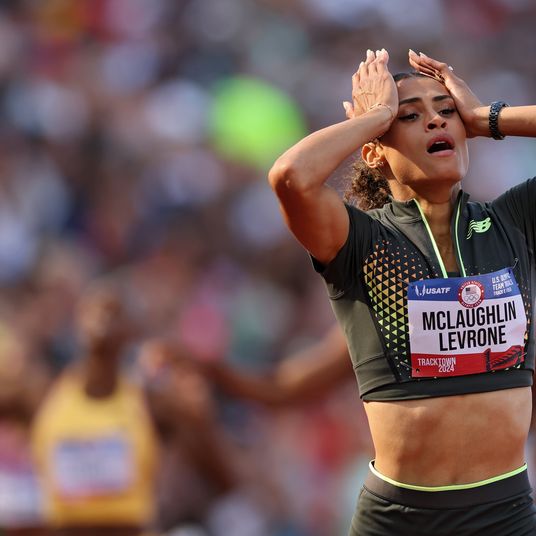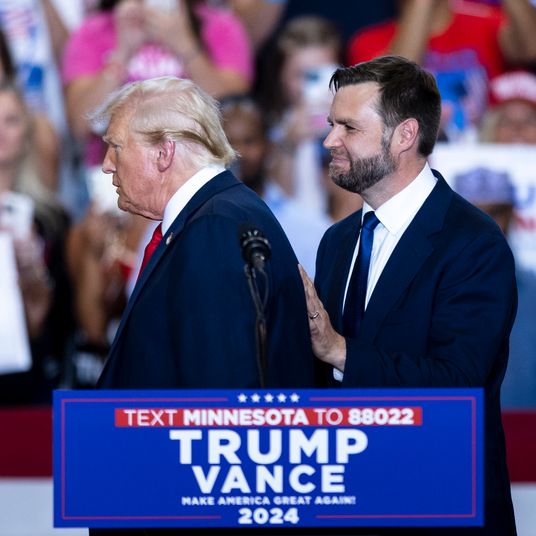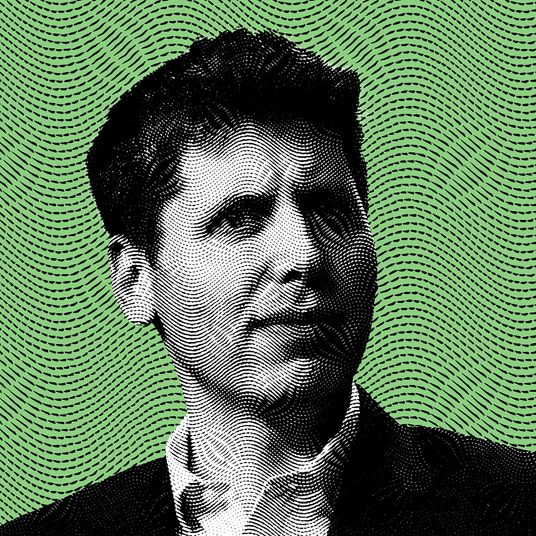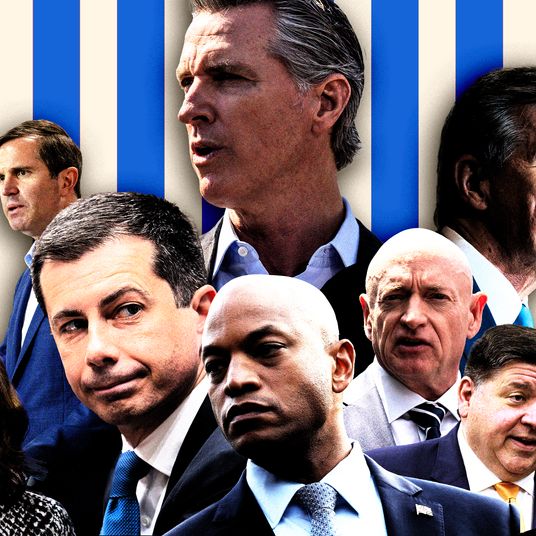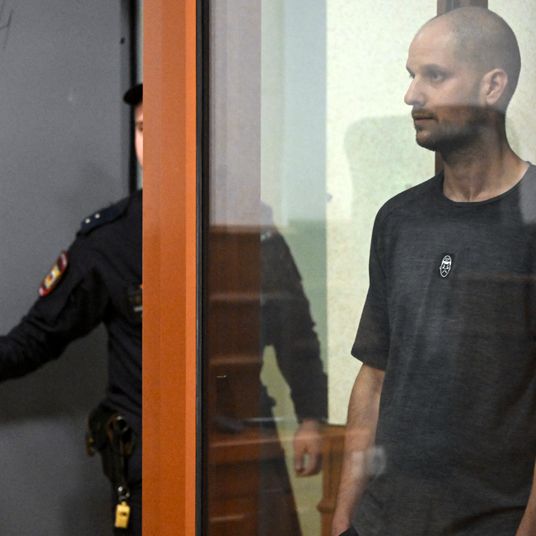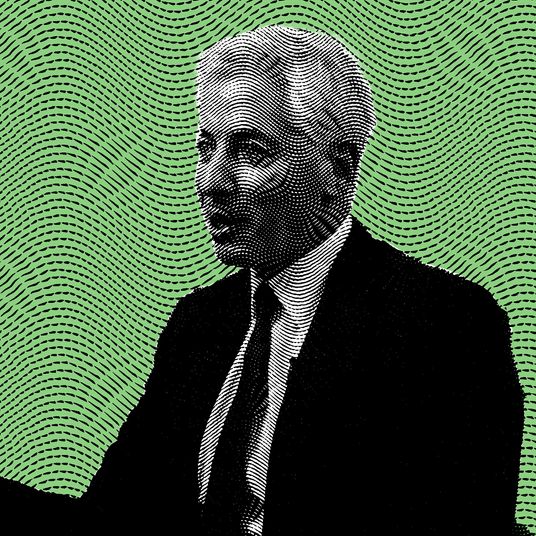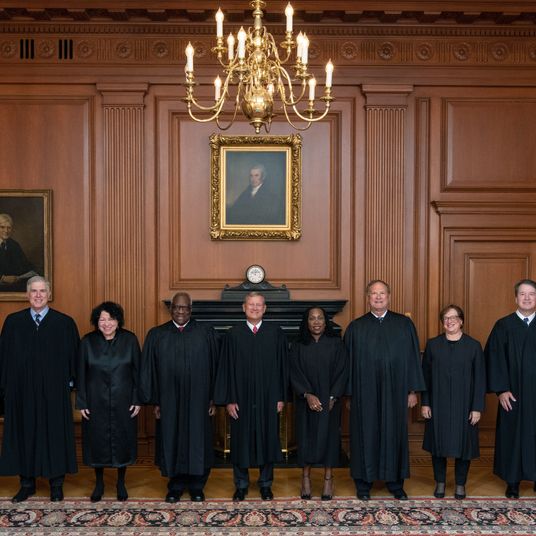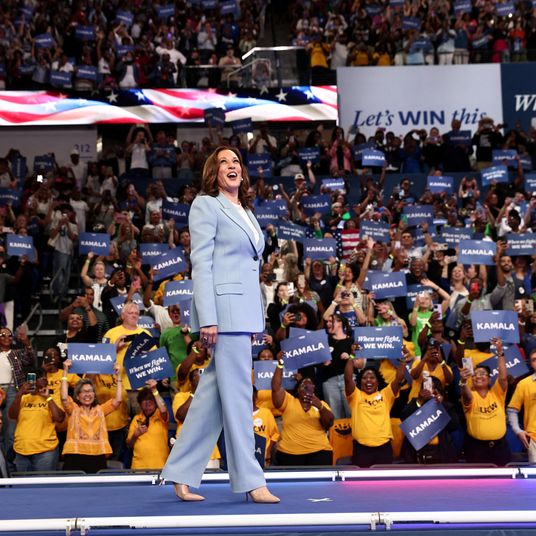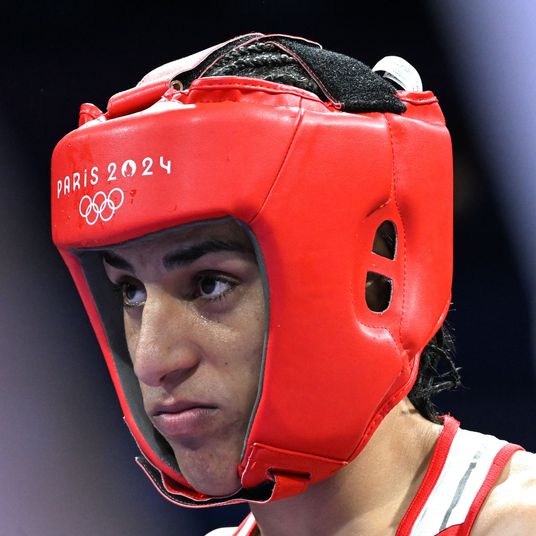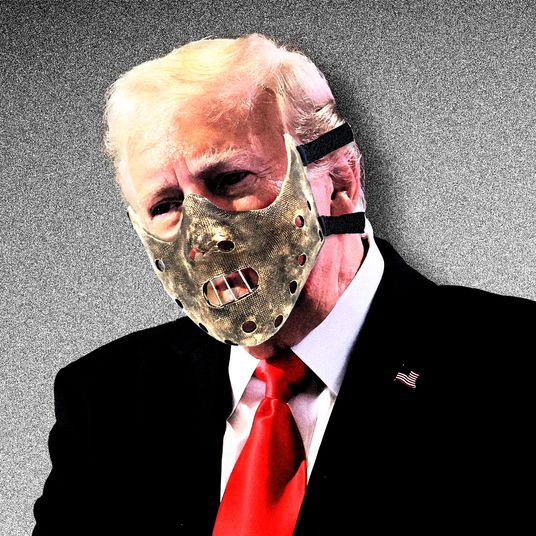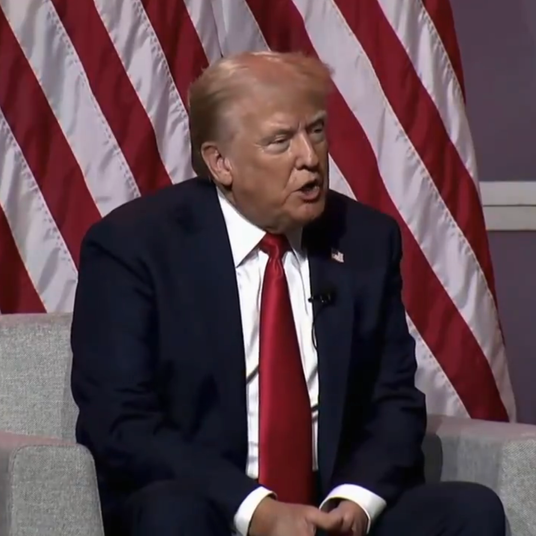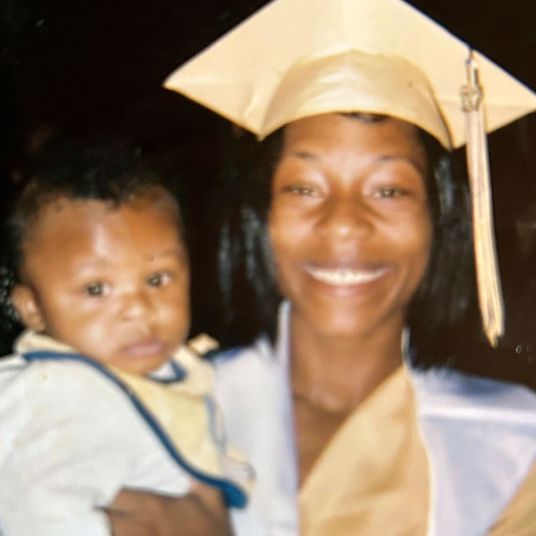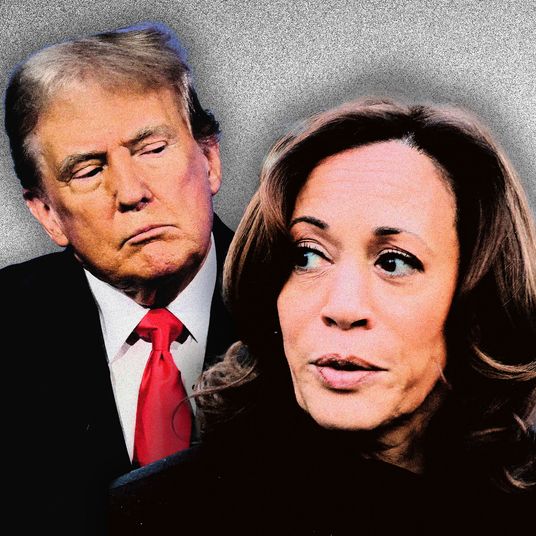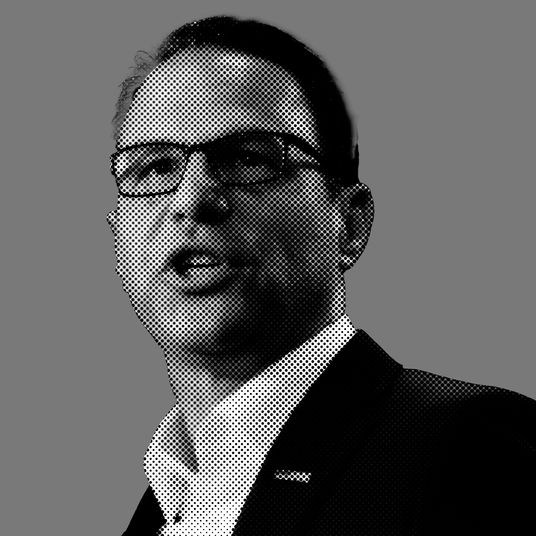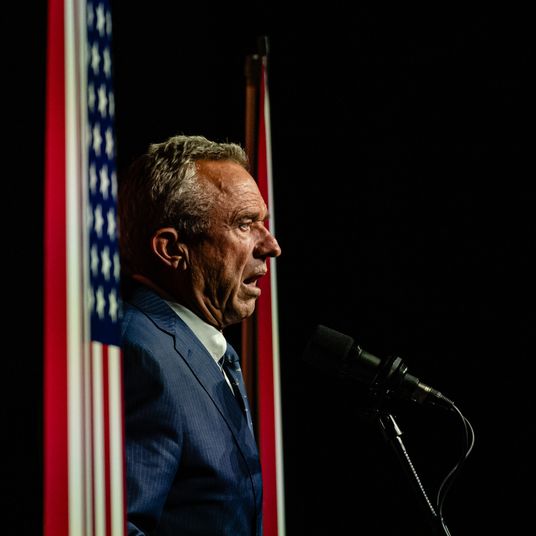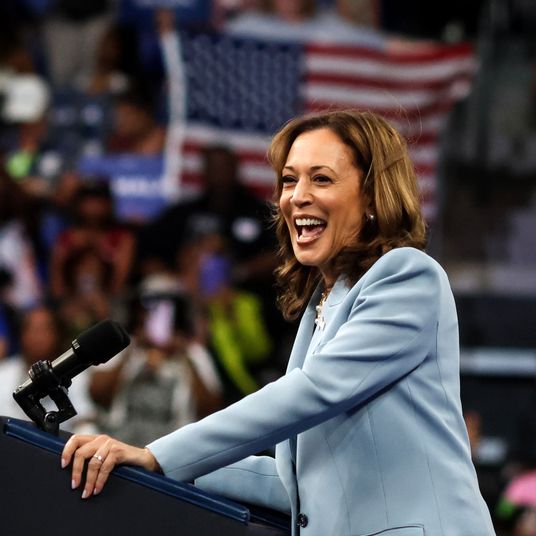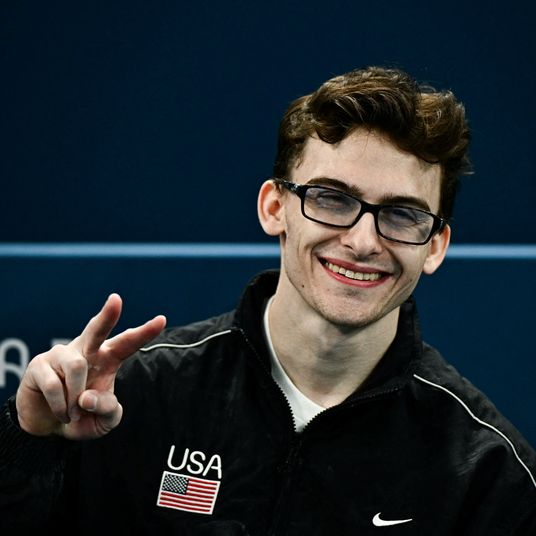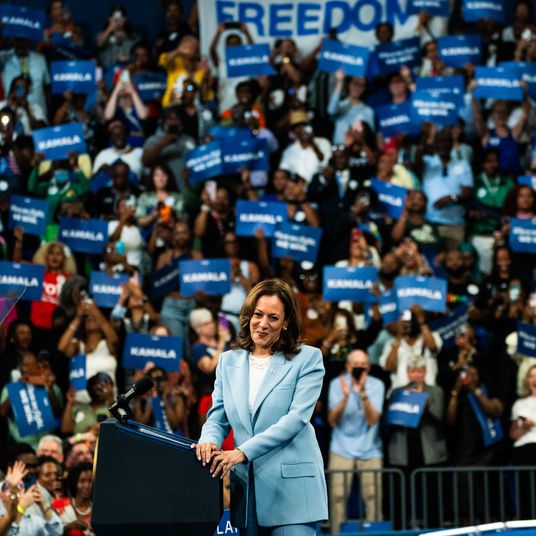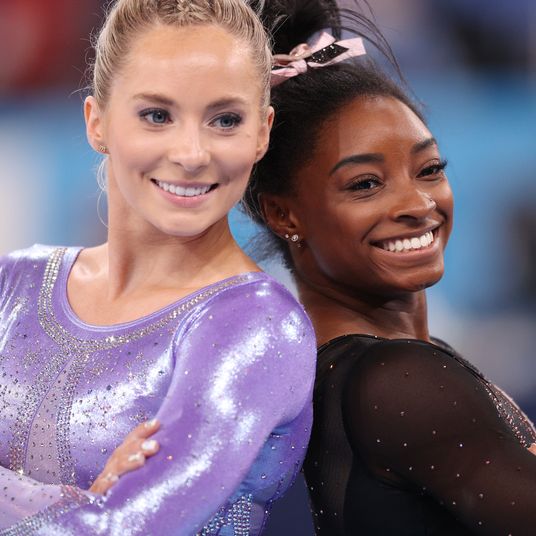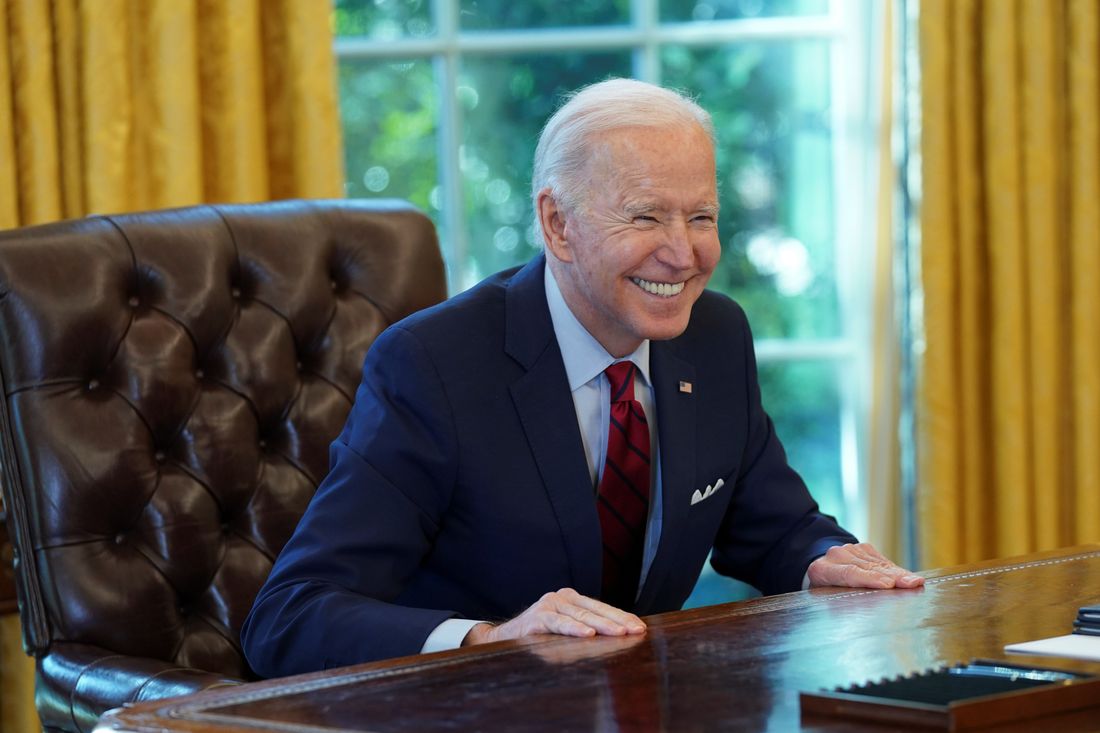
It seems clear enough that Joe Biden is up to the job of being president. The economy is booming, especially for the poor and working class; he has signed more bipartisan legislation (on infrastructure, guns, and domestic manufacturing) than anybody expected; and he has held together the western alliance while maintaining a dogged defense of Ukraine’s sovereignty after Russia expected to swallow up its smaller neighbor.
But whether Biden is up to the task of running for president is another matter. The national polls show a virtual tie with Biden leading Donald Trump, on average, by less than a point. Since the Electoral College has given Trump a substantial edge in each of the past two elections, it seems as though Biden needs much more than that. He won by 4.4 percentage points in 2020, and had he performed just over half a point worse, Trump probably wouldn’t have even needed to try to steal a second term.
The election is more than a year away, and Biden’s polling might improve. Another 14 months of surging wages and declining inflation could give his campaign the “Morning in America” feel it has thus far lacked. On the other hand, if the economy sputters, or if Biden suffers a health setback that reinforces the public’s already serious doubts about his fitness, it could get even worse. For an incumbent presiding over peace and prosperity to be effectively trailing an indicted felon feels terrifying. And it undercuts one of the central rationales of both Biden’s 2020 run and his reelection campaign: that he is best positioned in the Democratic field to stave off the threat of a second Trump term.
The strangest thing about this harrowing circumstance is that no mainstream Democrat is challenging Biden for the nomination. The hunger for such a challenge certainly exists: A CNN poll finds two-thirds of Democrats want their party to nominate somebody else. There isn’t much mystery as to why. The same poll asked Democrats what concerns they may have about Biden and found that two-thirds cited his age, his health, his mental sharpness, or his vice-president, all of which amount to the same thing. The demand for a different option is robust. What is mystifyingly absent is the supply.
The only technical intraparty competition Biden faces comes from a pair of kooks: Robert F. Kennedy Jr. and Marianne Williamson. There are 24 state Democratic governors and 51 senators plus several exes. While some of them are themselves too old or baggage-ridden, many of those figures — Michigan governor Gretchen Whitmer, Georgia senator Raphael Warnock, Illinois governor J. B. Pritzker, among many others — could enter the presidential race and stand a decent chance of winning. They wouldn’t have to question Biden’s accomplishments nor would they need to differ much on his policy stances. The entire campaign message could be that he has performed a valuable service to the country but is getting on in years.
Politicians tend to be highly ambitious people who, by and large, dream of ascending to the presidency. Why haven’t any of them seized this opportunity?
One possible reason is that Democrats have overlearned the lesson of 2020, when pundits (your author very much included) wrote Biden off as a has-been only to watch the base rally behind him. That event lent Biden’s connection to the party’s voters a kind of mystical aura. But Biden’s 2020 victory was actually rather prosaic. Most of his challengers drastically overestimated how far left their party’s voters had moved and pitched their campaign messages too far left. And when Senator Bernie Sanders, who frightened many of the party’s voters and elites alike, seemed poised to take the nomination, Biden was the beneficiary of a panicked flight to safety.
Another possible reason is that Democratic elected officials simply like Joe Biden too much to either run against him or tell him to his face they don’t support him. One of Biden’s strengths is his decades of relationships and personal warmth. He is attentive to, and often flattering of, his colleagues and widely regarded as a genuinely good person.
Then there is the fact that challenges to sitting presidents have always had an ideological basis: The historical precedents are Eugene McCarthy running against LBJ’s Vietnam War policy in 1968, Ronald Reagan running to Gerald Ford’s right in 1976, Ted Kennedy running to Jimmy Carter’s left in 1980, and Pat Buchanan’s populist-slash-isolationist challenge to George Bush in 1992. It feels unnatural for a president to be challenged by one of his allies.
The big question is whether it would be good for the party, or the country, for Biden to face a non-kook challenge. A failed competitor in the primary might leave Biden even weaker. Yet it seems prudent for the Democrats to force their nominee to prove his ability to handle campaign functions like interviews and debates before they commit to him irreversibly.
For now, Democrats are hanging by a thread to a presidential candidate whose every stumble is pored over in the press and who appears to be struggling to handle his public-facing duties. If Biden wanted to dispel concern about his mental acuity, he could submit to challenging interviews. The fact that he hasn’t done so suggests that he or his aides are uncertain he could pass muster. And the spectacle of the faltering Mitch McConnell, and of the obviously incapacitated Dianne Feinstein refusing to retire, may confirm the suspicion that elderly politicians may not be the best judges of when they need to step aside.
This doesn’t mean he can’t handle the job. Speaking fluently and quickly is an important skill for candidates, but presidents have the luxury of gathering their thoughts. It’s hardly disqualifying to lean heavily on staff and advisers if they have the competence to present their boss with good information and decisions. One irony is that, 40 years ago, the president’s age and fitness for the job was also the primary theme of the presidential campaign, but it pitted the two parties in opposite stances. Reagan was the affable but often doddering old man whose advisers shielded him from the media and who sometimes seemed out of it. And indeed, reporters found that Reagan would sometimes call his own Cabinet members by the wrong name or baffle Soviet negotiators by rambling on about alien invasions. (He was so prone to bringing up a corny ’50s sci-fi movie about Martian invaders that his then-aide Colin Powell used to say, “Here come the little green men,” when he saw the anecdotes coming.)
At the time, Democrats mocked the president as senile and unfit, and Republicans brushed it off as irrelevant to his job performance. The parties’ messaging has largely switched sides, even if Democratic voters have not. They would prefer a slow, aging president to an authoritarian criminal one, but they genuinely worry that Biden cannot stand up against Trump’s incoherent yet oddly tireless rants. (Trump’s narcissism has a childlike quality that does not register as “old,” and his lack of concern with making any sense or following a train of logic frees him from having to pause or stumble over his words.)
If the Democrats picked their nominee through the boss-driven, smoke-filled rooms of yore, they very well might tap somebody other than Biden. Likewise, if the party’s voters had a plausible choice, they might select someone else. It is only the strange status quo, in which voters will pick their nominee in a series of state primaries with only one sane choice, that guarantees Biden will prevail.
Biden likes to say, “Don’t compare me to the Almighty; compare me to the alternative.” Lucky for him, Democrats don’t really have one.








